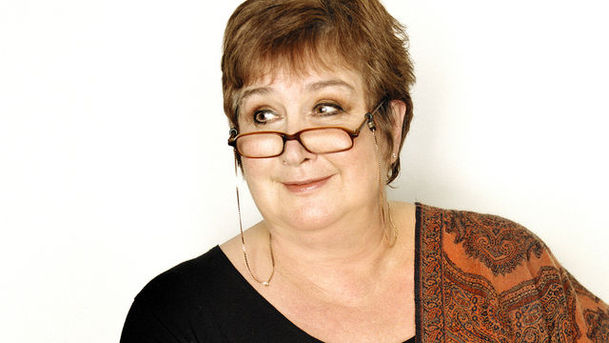Woman's Hour - 24/02/2010

With Jenni Murray. The trenchcoat, forever associated with the moody monochrome of film noir, is really having its moment. Not just an eminently practical raincoat, it is also influencing dress and jacket shapes. John Galliano has said that Lauren Bacall inspired his new trenches - think of The Big Sleep. But of course the trench is not simply associated with Bacall, but also with Bogart. So how did this bloke coat make its way into women's wardrobes, and what does the modern version say about its wearer? Jenni meets Clare Coulson, fashion features director at Harper's Bazaar, and Professor Stella Bruzzi from the Department of Film and Television Studies at the University of Warwick to find out. Schoolchildren taking part in language exchanges is nothing new, but one family from Cambridgeshire are taking part in an altogether more extreme form of the idea. For the last six months Bob and Katy Salmon have adopted a nine-year-old French boy named Mayeul, whose parents they have only met for a couple of days. Now it is the turn of their own nine-year old son Jonathan to go and live with Mayeul's family in Paris. Jenni is joined by Katy, Jonathan and Mayeul to talk about this experience, and also by Katherine Pinault who, along with her husband Jacques, runs En Famille International, which organises these exchanges. The UK 'fast-track' system for dealing with asylum seekers is failing women, according to a report by Human Rights Watch. The organisation says that the system is set up to deal with straightforward cases, but that complex women's rights claims such as rape and physical abuse are regularly being dealt with in this way too. This means that women don't have time to prepare evidence to support their case, and are not getting a fair hearing. Jenni is joined by Gauri van Gulik, author of the report, and Home office minister Meg Hillier to discuss the British fast-track asylum system. What is its impact on women? How much is it failing? What has the government done to rectify problems since the system was brought in? With hand clapping and foot stamping, the flamenco originates from the Andalucian region of Spain. Now, with the 2010 Flamenco Festival underway at Sadler's Wells Theatre in London, one of its stars, the dancer MarÃá Pagés, joins Jenni to talk about the flamenco and what makes it so special. To discuss the history of the dance and its social importance they are joined by Parvati Nair, a professor of Hispanic Cultural Studies at Queen Mary, University of London, and author of a blog on flamenco.